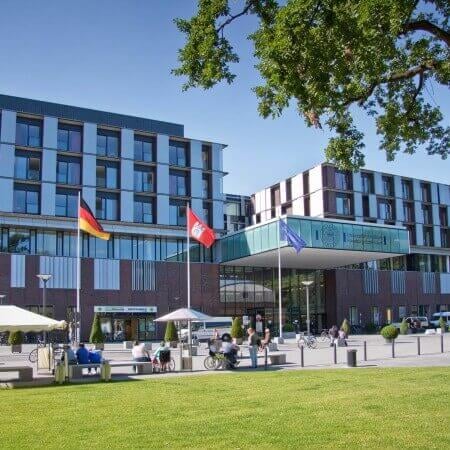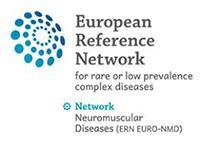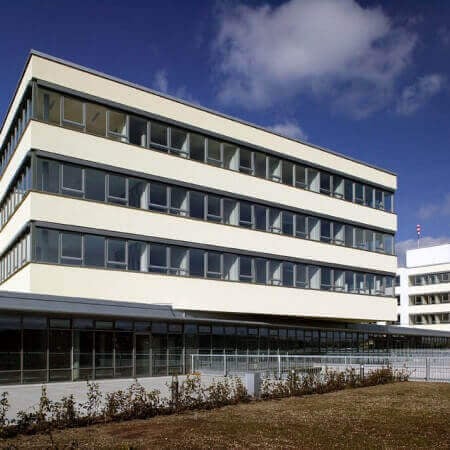About the disease
Ulcerative colitis is a disease that results in inflammation of colon and rectum. Ulcerative colitis may affect any section of the intestine but in most cases it damages rectum. Cause of ulcerative colitis is unknown, because it may develop even among those people, who have no genetic predisposition and who live in a good environment. There are, though, some theories proving that ulcerative colitis can happen due to the immune dysfunction due to presence of dangerous gut bacteria. It was also suggested that antibodies, which originate in the intestinal tissue, destroy whole immune system. Ulcerative colitis can develop as result of other diseases of colon and bowel.
Ulcerative colitis usually has periods of seizures and remission. Approximately 45% cases of ulcerative colitis have secondary seizures after the treatment course.
Symptoms
- Cramps
- Pain in the abdomen
- Bloating
- Diarrhea
- Vomiting
- Fervor(temperature reaches 38-39 ° C)
- General weakness
- Nausea
- No appetite
- Pain in the groin and lower back
- Constipation alternating with diarrhea
Diagnosis
- The diagnosis of colitis begins with the blood test. Usually patients with ulcerative colitis have anemia and this is the reason why they in most cases go to the doctor`s. Doctor also checks for risk of thrombocytosis, high level of platelets in blood; presence of long-term diarrhea not caused by food poisoning.
- After that the doctor asks if a patient has a long-term diarrhea which was not caused by some kind of food poisoning. Sometimes renal failure can be confused with symptoms of ulcerative colitis since these both conditions have similar manifestations. Liver functions needs to be checked for bile duct involvement.
- The best ulcerative colitis diagnosis has always been and still is the endoscopic study of the colon. If endoscopic analysis is not enough, a doctor may conduct a biopsy by taking sample of colon tissue.
Treatment
- If there are any further complications, treatment of ulcerative colitis carried out by antibiotic therapy. This ulcerative colitis cure is especially beneficial for patients who are severely malnourished. Additionally they require intravenous administration of nutrient mixtures, so that they could normalize the digestion and gain some weight.
- Sometimes ulcerative colitis medications can bring no long-term results. In that case the patient requires surgical treatment of the rectum and large intestines. During surgery, called colectomy, the entire large intestine is removed. It is performed if there is a big suspicion that the patient starts to develop carnicoma. It must also be applied immediately if the person has a mega colon, which is an abnormal enlargement of the colon. Severe ulcerative colitis may results in other organs damage.
- Partial intestinal resection is used if only section of the intestine was damaged.
Authors:
This article was edited by medical experts, board-certified doctors Dr. Nadezhda Ivanisova, and Dr. Bohdan Mykhalniuk. For the treatment of the conditions referred to in the article, you must consult a doctor; the information in the article is not intended for self-medication!
Our editorial policy, which details our commitment to accuracy and transparency, is available here. Click this link to review our policies.




















